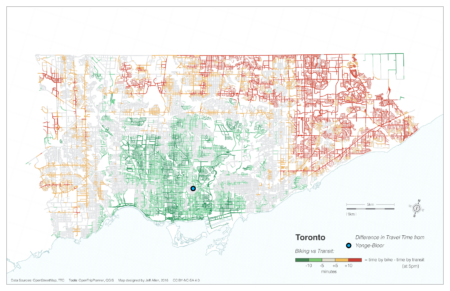Although France has historically been the only case of an insurance hedger opting for an independent deterrent, there is no guarantee it will be the last. Under President Trump’s leadership, significant doubts about America’s commitment to both Europe and East Asia led to growing concerns that the United States may not indefinitely remain a reliable and credible provider of extended deterrence—concerns that may remain long after the Trump administration as allies fear abandonment temptations could one day return to the White House. Burden-sharing disputes with NATO, Japan, and South Korea, and efforts to reduce America’s conventional footprint—a key indicator of its commitment to its allies—have led to questions in Germany about whether it requires a substitute to American extended deterrence, and similar discussions at least privately in Japan and South Korea among some domestic constituencies. Doubts about the reliability of America’s commitment to extended deterrence came to a boil under President Trump, who was at times perceived by allies such as South Korea as being willing to throw partners under the bus in pursuit of hisown policy objectives, such as a deal with North Korea’s Kim Jong Un. The experience has the potential to revive debates about independent deterrents in America’s long-time allies—and not just for instrumental reasons to elicit stronger reassurance from Washington to hedge against future incarnations of Trumpism that seeks to retrench America’s commitments back home.
Narang, Vipin. Seeking the Bomb: Strategies of Nuclear Proliferation. Princeton University Press, 2022. p. 298
Related:
- Will China invade Taiwan?
- Open thread: the global nuclear arms race
- Trump and conflict with Iran
- Open thread: ballistic missile defence
- NATO expansion and the US-Russian relationship
- Perry on the politics of deterrence
- Consequences of nuclear weapon proliferation
- Nuclear proliferation and nuclear abolishment
- Kim Jong-un and North Korea’s criminality
- Russia and the Iranian bomb
- Weak-willed non-proliferation
- More split nuclei
- Iran, international law, and the bomb
- Canada and Ballistic Missile Defence






